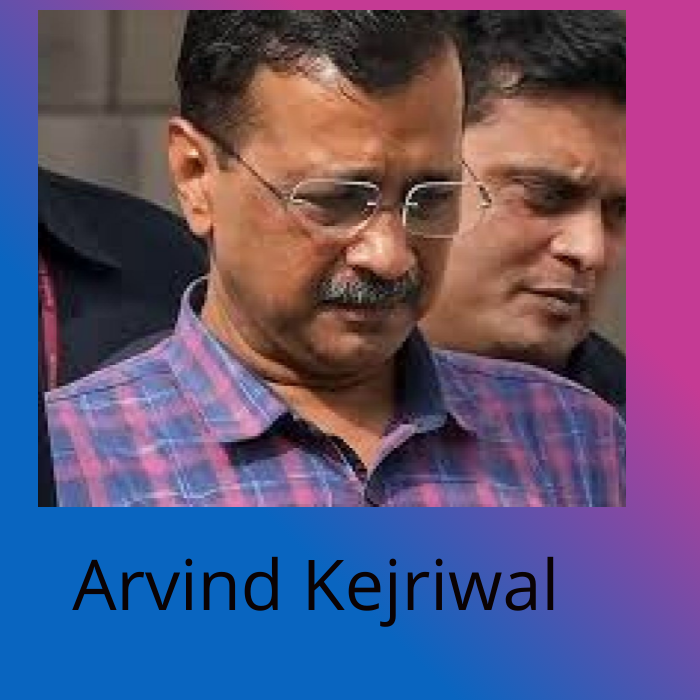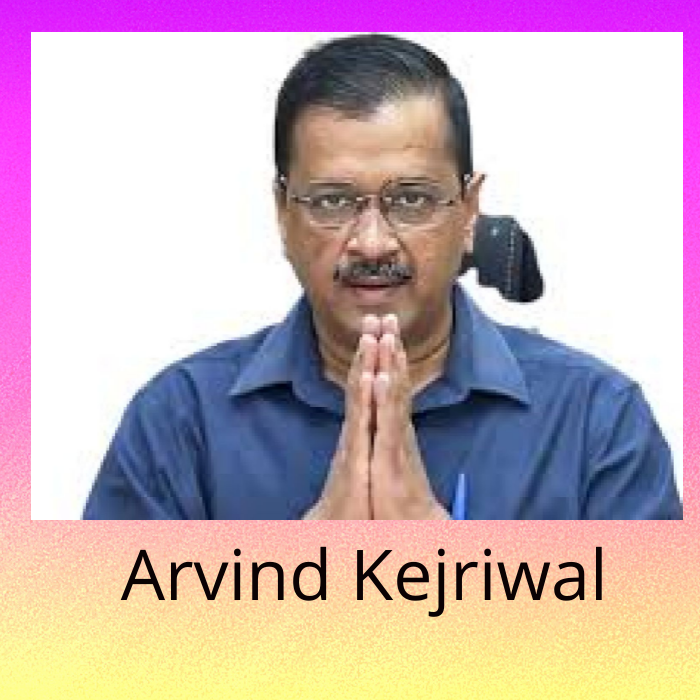Arvind Kejriwal
Chief Minister Arvind Kejriwal was represented by prominent attorney A.M. Singhvi, who made a case on May 3, 2024, outlining the illegality of the Chief Minister’s arrest. Singhvi made a compelling case during the prior hearing that the arrest did not meet the requirements set forth in Section 19 of the Prevention of Money Laundering Act, 2002.
The bench had instructed Singhvi to wrap up his arguments on Monday and designated the Additional Solicitor General (ASG) to oversee the Enforcement Directorate’s (ED) proceedings. Raju will answer when Kejriwal is being arrested. The opposition leader of the Aam Aadmi Party (AAP) and the opposition were also given instructions by the bench to receive access to all accessible material by the investigative agency.
Singhvi underlined that under the Prevention of Money Laundering Act, 2002, an individual questioned under the PMLA is not regarded as a “accused”. Section 50 states that no one who is questioned under the PMLA takes on the role of a “accused.” According to Singhvi, Kejriwal was last summoned in relation to the liquor policy case on March 16, 2024. When he was taken into custody on March 21, 2024, five days later, he argued, Kejriwal’s image as a “accused” had “largely” changed.
He added that the national announcement of the dates for the 2024 Lok Sabha elections coincided with the last summons date. Senior counsel had addressed the importance of the requirement under Section 19—that a summons left be not indicative of an offense—during the prior hearing.
In this instance, Delhi’s Deputy Chief Minister Manish Sisodia was also taken into custody. The claim was that AAP’s campaign in the Goa elections was funded by money pilfered from the Delhi liquor scam. Singhvi cited a passage in Justice Sanjeev Khanna’s written ruling, which said that there was “lack of clarity” about Sisodia’s role in the ₹45 crore transfer for the election. Singhvi contended that Kejriwal is benefited by this remark. He asserted that there should be “reason to believe” that Kejriwal was the “kingpin” in the liquor policy issue and that the ED should have enough evidence.

The following are the prerequisites for Section 19:
Arrests ought to be made using the ED’s available material.
The reasons for the arrest must be disclosed to the accused.
Until the accused is proven guilty in writing, they should be considered innocent.
As represented by Senthil Balaji vs. the State Joint Director (2023), Singhvi alluded to another point during the hearing: all requirements under Section 19 must be met. The directive said, “Any order broken will tarnish the arrest.” “The judge should evaluate these four impartially,” stated Singhvi.
The “reason to believe”—what is it? According to Justice Khanna, the cutoff point must to be “beyond doubt.” The Income Tax Act and the Indian Penal Code, 1860 (IPC) are two legal frameworks that define “reason to believe.” He clarified that the terms “granting bail” and “arresting someone” have distinct legal connotations in the context of criminal law.
This week, Singhvi said that the ED had only released a limited amount of information and had concealed other statements, including Kejriwal’s. ASG Raju had stepped in and said the remarks didn’t matter. In response, Singhvi said that the ED ought to document that the information is pointless and should not be “omitted.”
After much deliberation, the court defined “material in possession.” Does “complete material” with the investigative agency imply “material in possession”? After reviewing all the information, there will be enough reason to think that the arrest satisfies the general requirements under Section 19, as outlined in Vijay Madanlal Choudhary v. Union of India (2022).
ASG Raju answered during this hearing that the information presented should be pertinent in order to prevent the investigating officer from becoming “trapped” in unrelated material and preventing the preparation of a charge sheet within the allotted 60 days. Additionally, he contended that the material the officer had mentioned in this instance was not suspicious.
The impending elections on May 25, 2024, will prompt the Supreme Court to consider interim bail. The bench announced that they would hear different arguments about that particular point.
The arguments will resume on Tuesday, May 7, 2024, with ASG Raju.
